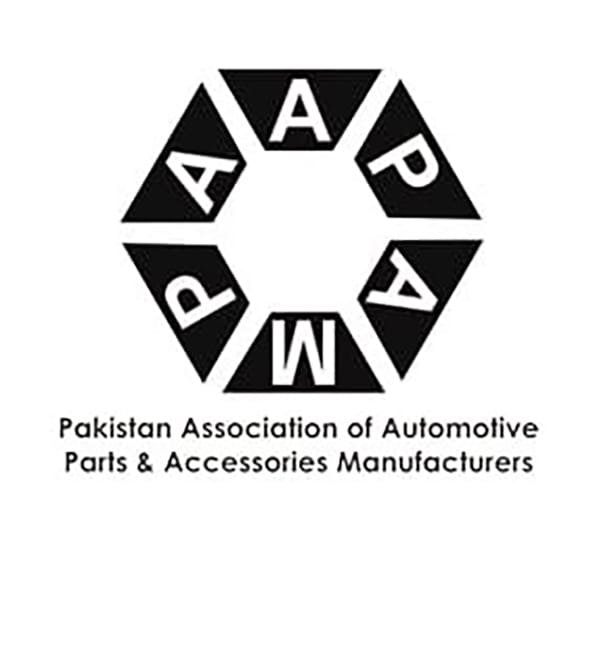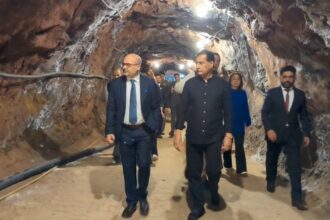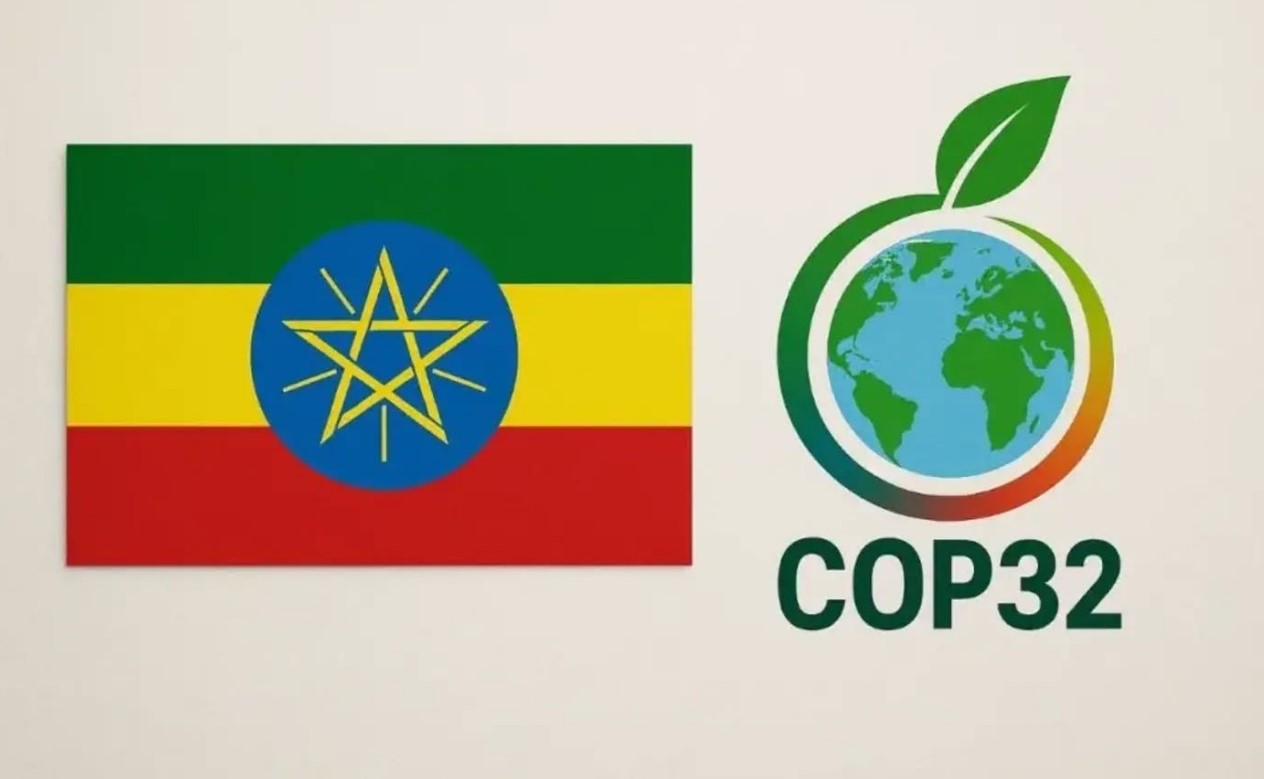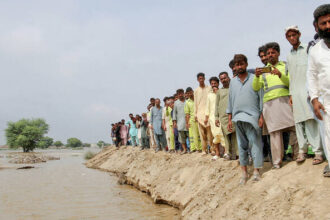Lahore: The Pakistan Association of Automotive Parts & Accessories Manufacturers (PAAPAM) has voiced strong trade liberalisation concerns in response to the IMF’s proposals to cut tariffs and allow broader imports of used vehicles. While acknowledging Pakistan’s commitment to economic efficiency and environmental sustainability, PAAPAM warned that such reforms could spark deindustrialisation, threaten local jobs, and reduce investor confidence.
Chairman PAAPAM, Mr. Usman Aslam Malik, stressed that “trade liberalisation must not come at the cost of deindustrialisation and fiscal leakage.” He cautioned that large-scale imports of used vehicles—often failing international safety and emissions standards—could derail Pakistan’s progress in localizing new energy vehicle (NEV) production.
The association raised key questions over whether liberalisation will be applied across all industries or selectively targeted at automotive. If focused only on vehicles, PAAPAM urged policymakers to justify the approach and design safeguards to prevent market distortions.
Another major concern highlighted was misuse of current import schemes. Vehicles imported under the names of overseas Pakistanis are often sold domestically, bypassing tax oversight. Informal payment channels, such as hundi, facilitate capital flight and compromise fiscal transparency. “We cannot afford to expand mechanisms that enable tax evasion,” added Mr. Shehryar Qadir, Senior Vice Chairman PAAPAM.
PAAPAM warned that reduced tariff revenues coupled with pressure on domestic manufacturers could trigger significant job losses. To offset risks, it recommended workforce reskilling, incentives for local production, and new revenue strategies to safeguard stability.
Citing international case studies, PAAPAM emphasized that abrupt reforms in emerging economies have previously destabilised industries. It urged Pakistan to adopt a phased reform model, backed by sector-specific safeguards and performance metrics.
“We remain committed to constructive dialogue,” Mr. Malik concluded, “but reforms must reflect Pakistan’s realities—not compromise its industrial future.”






